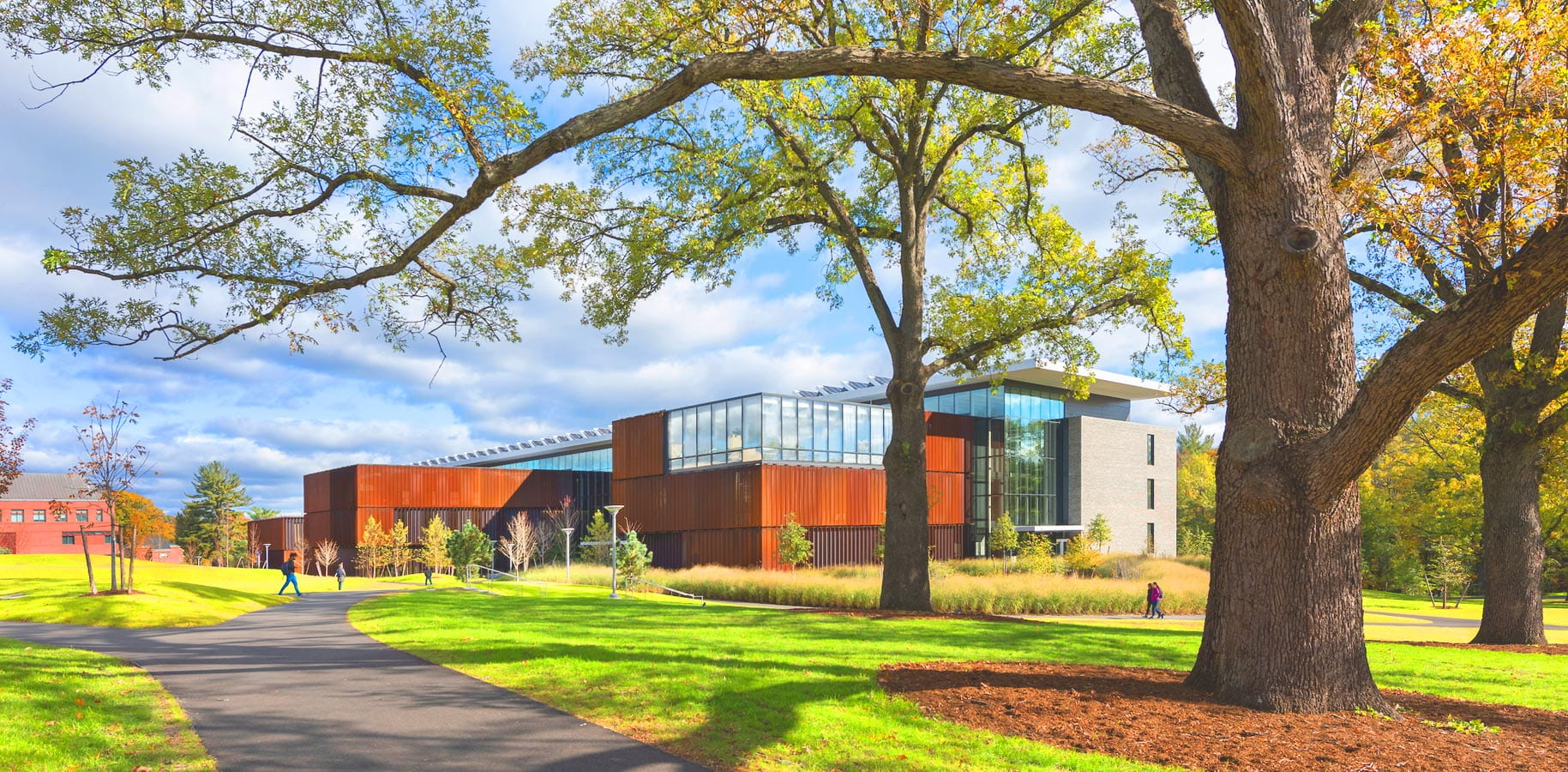Professor Nick Holschuh, an assistant geology professor at Amherst College, explains his research and field work on glaciers in Antarctica, as well as his life under the harsh conditions there. Faye: What exactly were you researching in Antarctica? Holschuh: My research is really focused on how glaciers behave as physical systems. There are key processes…
Even the Cold Can’t Stop Him–An Interview with Nick Holschuh










